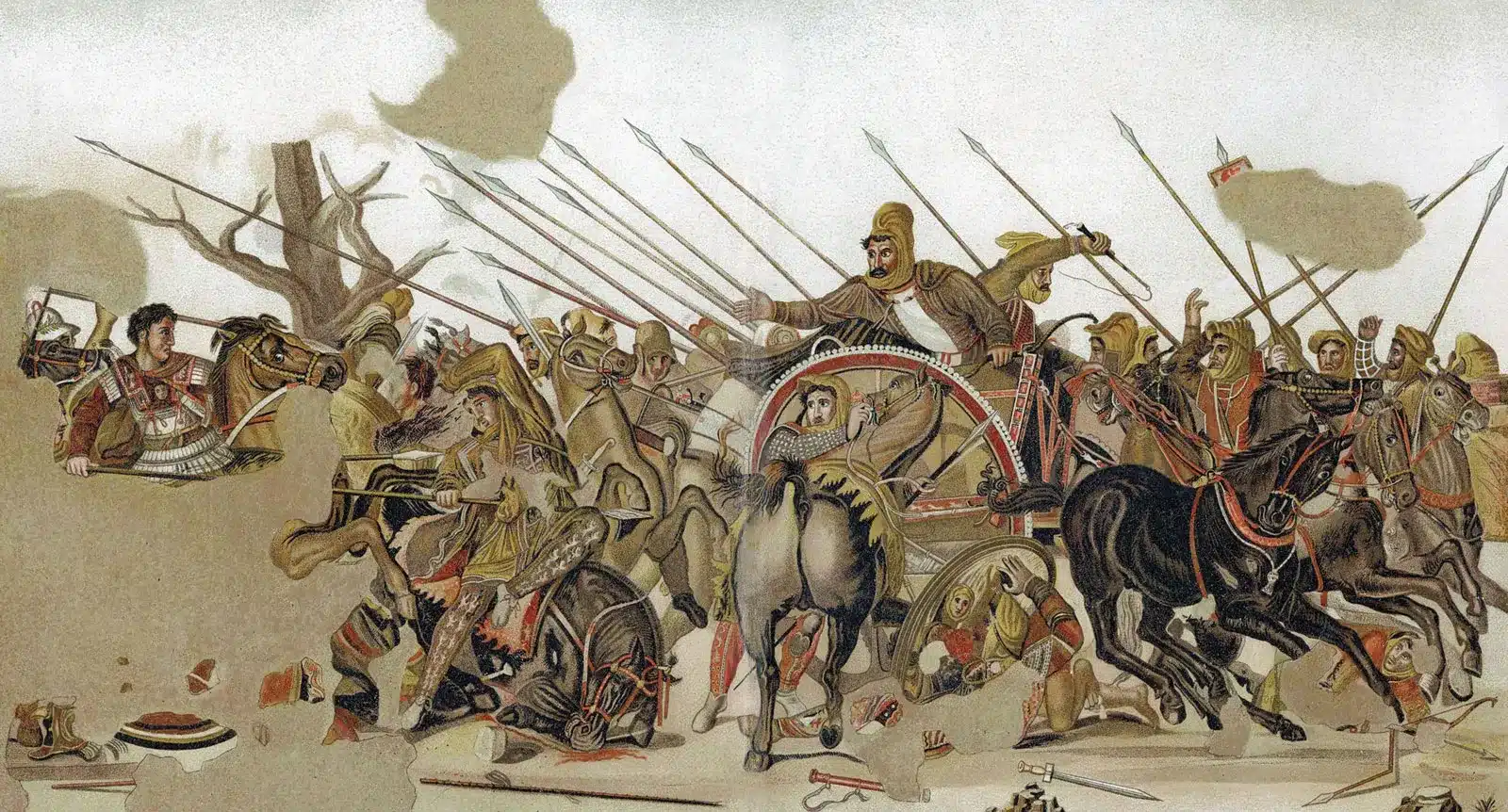Discovery of Alexander the Great’s Battle Site

The recent discovery of the site where Alexander the Great fought the decisive Battle of the Granicus has captivated historians and archaeologists alike. Located in northwest Turkey, approximately 10 kilometers north of Biga, this site is believed to be where Alexander faced the Persian Empire in 334 B.C. This battle was crucial for Alexander, as it allowed him to secure a foothold in Persian territory and significantly altered the course of ancient history. Among the findings at the site are the remains of the ancient city of Hermaion, thought to be Alexander’s last encampment before the battle. This article delves into the findings, the archaeological methods used, and the future steps in excavating this historic location.
Findings Based on Historical and Scientific Evidence
The discovery of the battlefield is backed by a combination of historical records and scientific research. A team led by Reyhan Körpe, an archaeology professor at Çanakkale Onsekiz Mart University, conducted extensive studies to confirm the battlefield’s location. They compared ancient descriptions of the terrain with modern geomorphological studies. These studies indicated that the path of the Granicus River has remained largely unchanged since ancient times. This consistency helped rule out nearby marshy areas as potential sites for the battle.
Additionally, evidence from the ancient city of Hermaion has further validated the discovery. Local farmers unearthed graves in 2024, revealing human bones on a hillside believed to have been the resting place of Persian Greek mercenaries. The lack of grave markers suggests these burials were informal. Ongoing tests aim to determine the age and cause of death of the remains, providing more context to the historical narrative. This combination of historical documentation and scientific analysis strengthens the case for the identified battle site, offering a clearer picture of this significant event in history.
Next Steps in Excavation
With the initial findings in hand, the archaeological team has announced plans for further exploration of the site. Geophysical surveys and detailed excavations are set to take place, aiming to uncover deeper layers of history. These efforts will not only enhance our understanding of the Battle of the Granicus but also shed light on Alexander’s military strategies and the broader implications of his campaigns on ancient civilizations.
The upcoming excavations are expected to provide valuable insights into the logistics of the battle, including troop movements and battlefield tactics. By examining the artifacts and remains found at the site, researchers hope to piece together the events leading up to and following the confrontation. This exploration could reveal how Alexander’s victory influenced the political landscape of the time and contributed to his legacy as one of history’s greatest military leaders.
As the excavation progresses, the team remains committed to sharing their findings with the public. They aim to foster a greater appreciation for the historical significance of the site and its role in shaping the ancient world. The ongoing research promises to enrich our understanding of this pivotal moment in history and its lasting impact on subsequent generations.
The Historical Significance of the Battle
The Battle of the Granicus was not just a military engagement; it was a turning point in the ancient world. Alexander’s victory over the Persian forces marked the beginning of his campaign to conquer the Persian Empire. This battle demonstrated his tactical brilliance and set the stage for future victories. By defeating the Persians at Granicus, Alexander established himself as a formidable leader and a force to be reckoned with.
The battle also had profound implications for the regions involved. It opened the door for Greek culture to spread into Asia, influencing art, architecture, and philosophy. The aftermath of the battle saw the establishment of Greek cities in conquered territories, further solidifying Alexander’s influence. This cultural exchange would shape the course of history for centuries to come.
Observer Voice is the one stop site for National, International news, Sports, Editor’s Choice, Art/culture contents, Quotes and much more. We also cover historical contents. Historical contents includes World History, Indian History, and what happened today. The website also covers Entertainment across the India and World.

